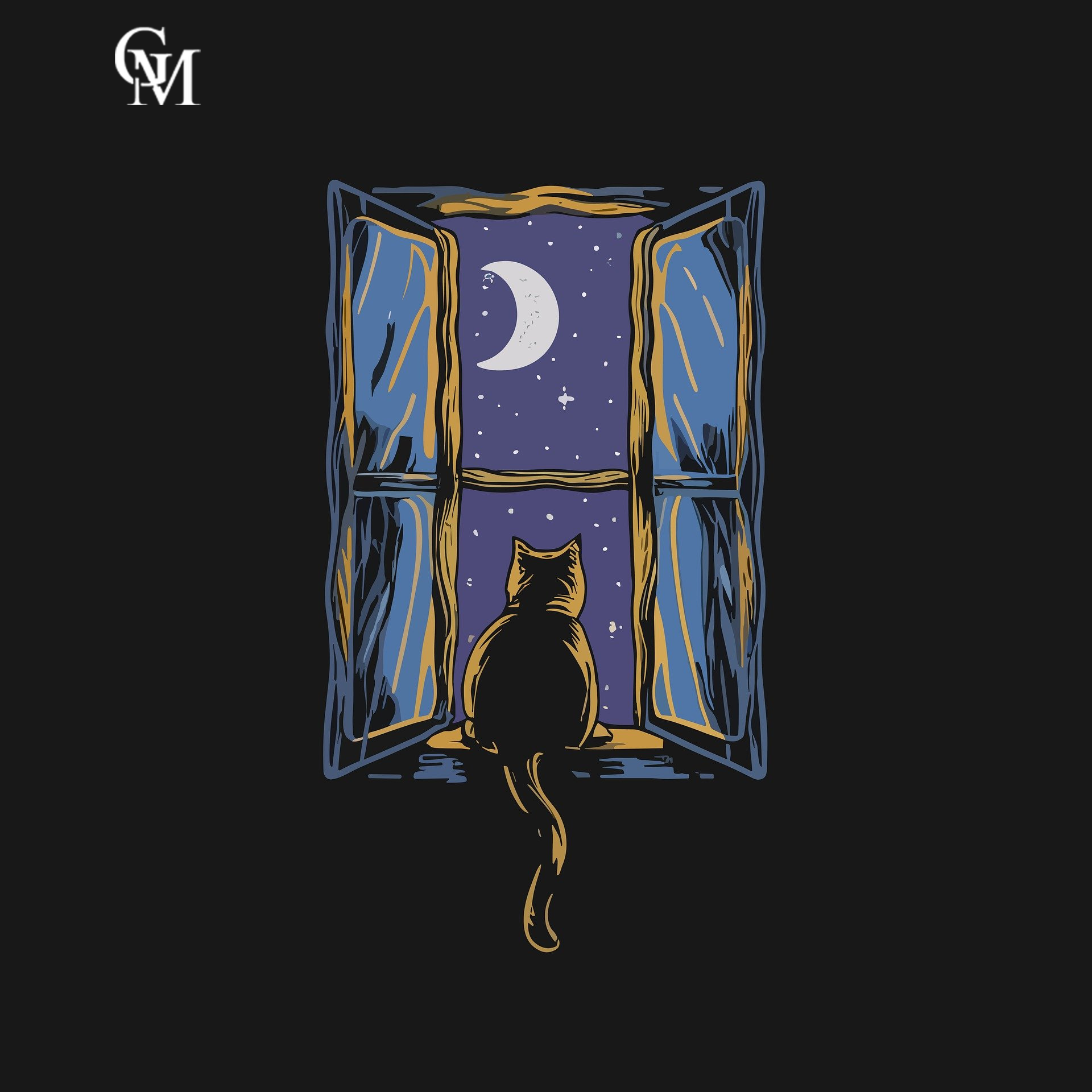
Traumas & Nights
A traumatic event leaves a profound impact on our mind, which eventually turns into PTSD .
Pain and nightmares are inextricably linked. A night isn’t complete without a wet pillow, horrible nightmares and severe breakdowns. Every night those traumatic incidents keep me awake, every sleep makes me relive the trauma.
Why do these traumas keep us awake?
Why did it happen, and why did it break our peace from the dreams of the past?
Why does it keep terrorizing our nights?
A traumatic event leaves a profound impact on our mind, which eventually turns into PTSD . Many of us who go through traumatic events might have faced difficulty coping with the situation, but with good care and simple techniques, we can usually get better. If the situation will not improve with time and the symptoms get worse, lasts more than a month and interfere with your day-to-day routine, you must have suffering from PTSD.
People suffering from Post traumatic stress disorder feel difficulty to sleep, wake up often due to horrible nightmares, trouble falling back asleep, severe anxiety.
Nightmares and flashbacks of traumatic incidents make the person relive the trauma and create a fear, causing trouble falling back to sleep.
The symptoms may start showing within one month of the traumatic incident, sometimes it takes years to appear after the event. It is generally divided into four types:
• Intrusion memory
• Avoidance
• Adverse changes in thinking and mood
• Changes in physical and emotional reactions
People with PTSD try to avoid negative memories during the day, and have more nighttime anxiety and trouble sleeping. Other sleep problems are common in people with PTSD, such as insomnia. Sleep apnea is often seen in people with PTSD, especially veterans. It is a type of breathing problem that disrupts sleep. People with narcolepsy may not wake up to rest and feel tired from sleeping during the day.
Treatment of sleep problems
CBT-I
Cognitive behavioral therapy is the best treatment for insomnia. CBT-I is a professionally recommended by expert over high doses of medication. Studies show that it works for more than 7 out of 10 people, and CBT-I has fewer side effects than medication. CBT-I has been shown in several research studies to reduce nightmares and distress.
This therapy focuses on a person’s beliefs, emotions, and behaviors related to sleep. A trained CBT-I therapist provides therapy in individual or group sessions. There are usually six parts. CBT-I therapy can also be delivered through sessions or video therapy sessions. Several online programs and a smartphone app (CBT-I Coach) have been developed to aid treatment.
Sleep Hygiene
Sleep hygiene involves following the various practices and habits that are important for a good night’s sleep. This includes changing behaviors and habits such as reducing your intake of caffeinated drinks before bed to help you sleep, adjusting your sleeping environment, reducing the use of smartphones and television while sleeping. Sleep hygiene is included as part of CBT-I, but it is not the same as CBT-I therapy.
Conclusion
It is a serious mental illness where people experience anxiety, insomnia, intrusive thoughts, recurring fears, night terrors, vigilance, avoidance, and sleep talk. This disease is very common, but few people receive professional treatment. It is important to have a strategy in the treatment of those with PTSD, this will help to reduce the high social frequency of this disease.
Written By
Vidushi Gupta
About The Author
Discover more from Gifted Magazine, INC
Subscribe to get the latest posts sent to your email.




